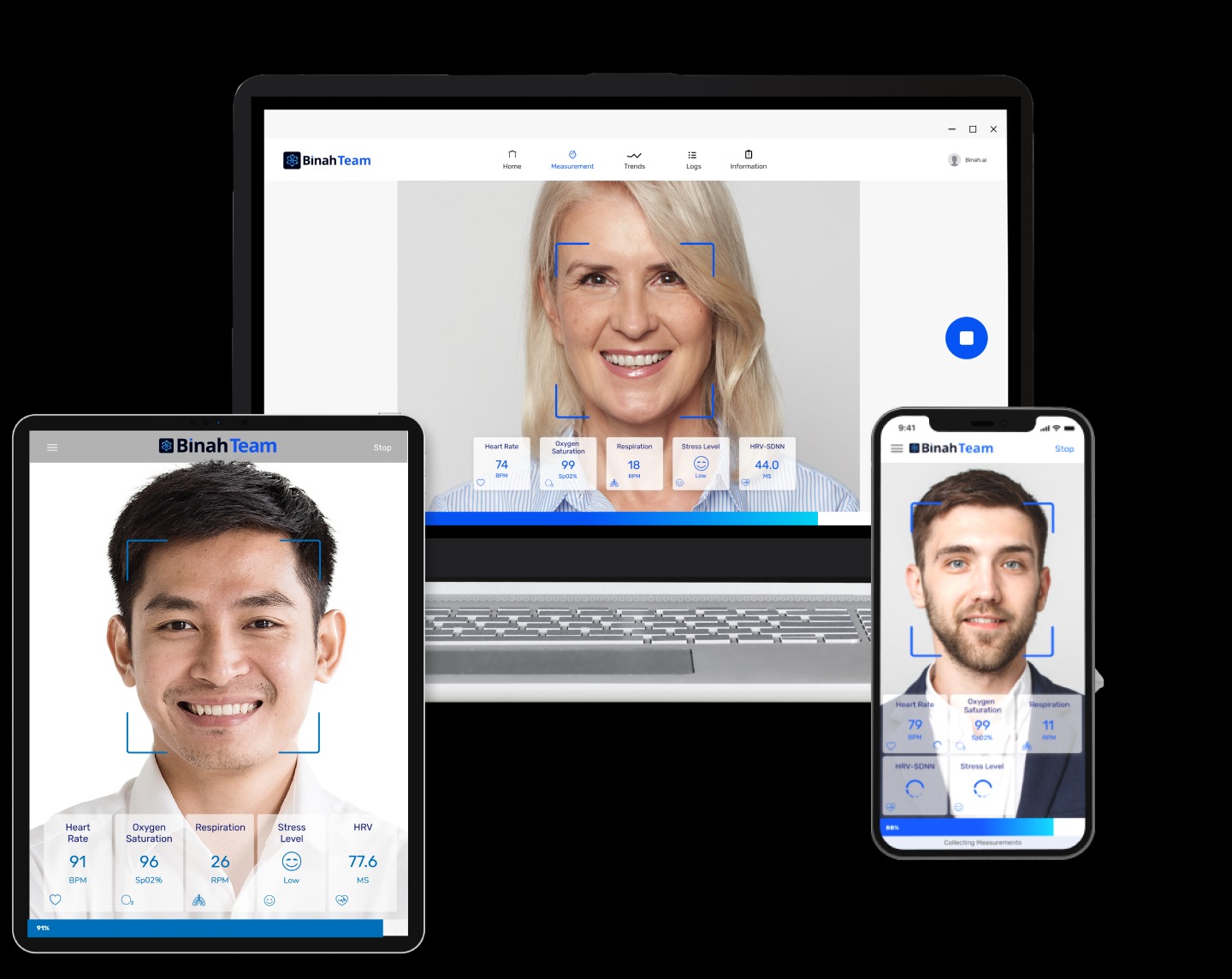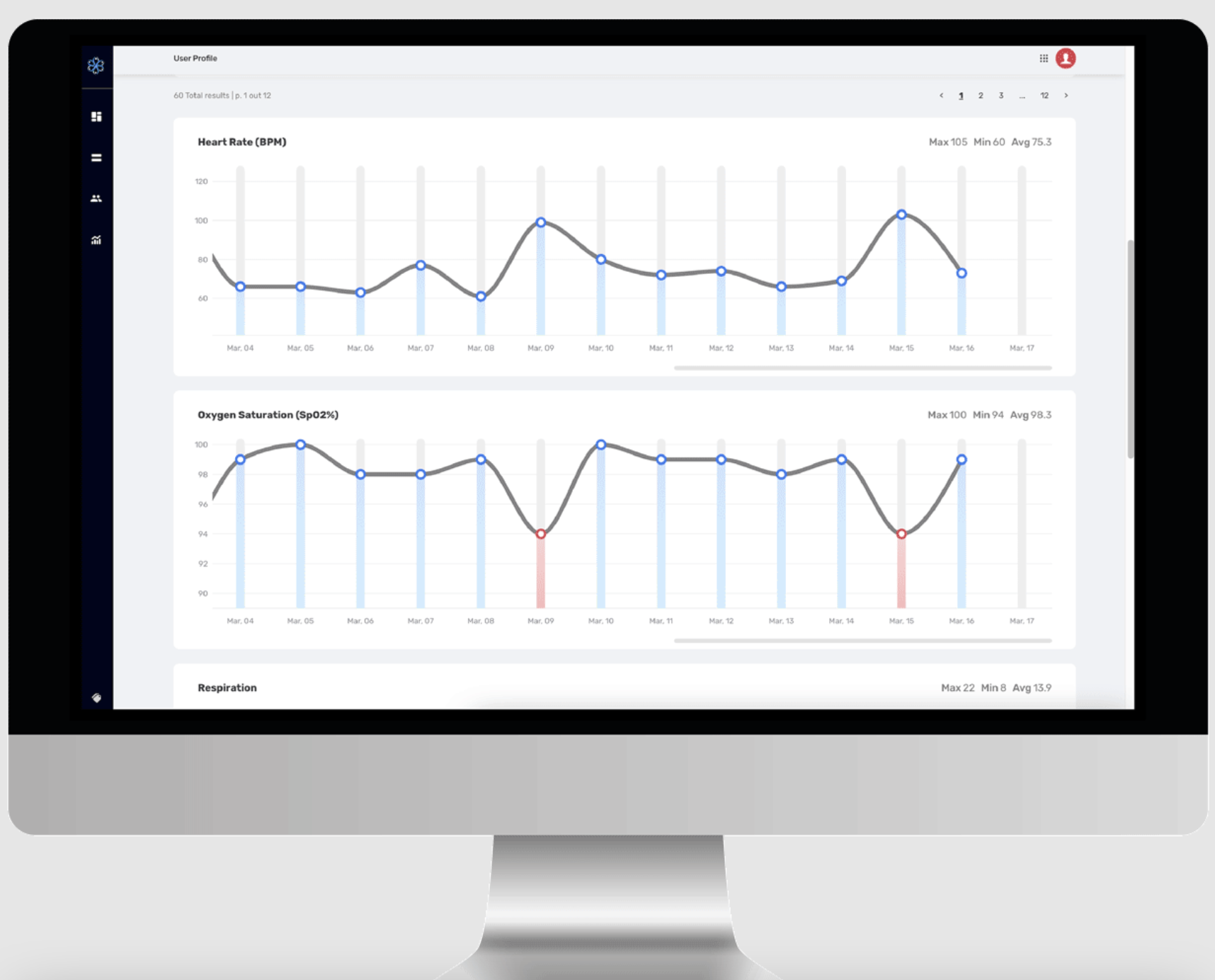As lockdowns have meant more people than ever are working from home, it’s also introducing a new wave of surveillance measures that are entering homes.
Some businesses are now deploying artificial intelligence (AI) to determine if their employees are indeed sick by remotely monitoring their vital signs on their smartphones.
Binah Teams, an artificial intelligence platform, monitors employee vital sign status by checking their smartphone to check for signs of illness.

Binah developed Binah Teams, the application for cell phones, tablets, laptops, and desktop computers. The app detects vital indicators such as heart rate, oxygen saturation, and respiratory rate within minutes of being downloaded onto a device.
App users must launch the app on their mobile device and look into the camera for 45 seconds, enabling the AI to record a video of their face.
After the 45-second scan is completed, results are displayed instantaneously on the user’s account and team site, within 10 seconds to 1 minute. The findings are intended to be shared with all team members.
In order to measure blood pressure, the AI model has to undergo considerable training, as does any AI model. It was necessary for the company to collect a vast amount of video footage of hundreds of people connected to medical equipment in hospitals.
Binah explains that in order for the app to function properly, a device’s camera is needed to recognize small color changes that signal illness, which is too faint to be seen by humans.

However, employees cannot be legally forced to use it, but the results can allow a firm to identify a team member with accuracy if they are truly ill. The company states that they do not retain photos or input video streams that are used to measure, in order to avoid privacy concerns.
Jake Moore, a cybersecurity specialist at ESET, told MailOnline that it may be used as “simply another tool in HR”, despite the fact that staff may refuse to evaluate whether they are unwell or not.
He had this to say: “There is already software available to monitor employees’ work and screen time, but health monitoring by employers is the next level of intrusion that is potentially riddled with many false positives.
“Smartphones and artificial intelligence are an impressive mix but I’m not sure they are smart enough to take on the role of a GP yet.”
The company claims that they have created a solution that is best suited for thousands of employees who, as a result of the COVID pandemic, now work remotely and are unable to come into the office for physical inspections. By combining multiple tests into one solution, you can save money as opposed to sending out several test kits.










